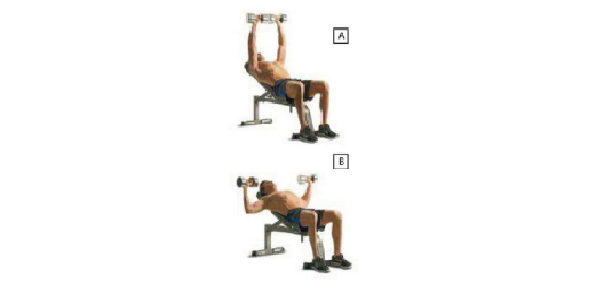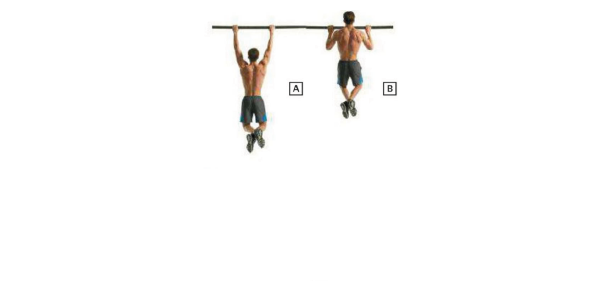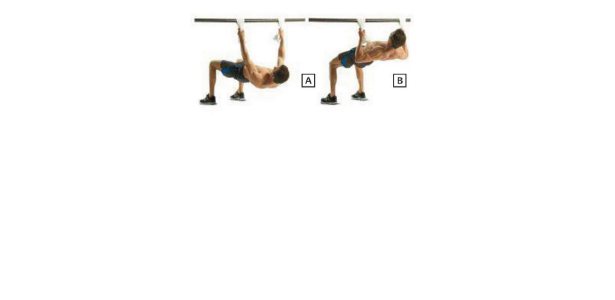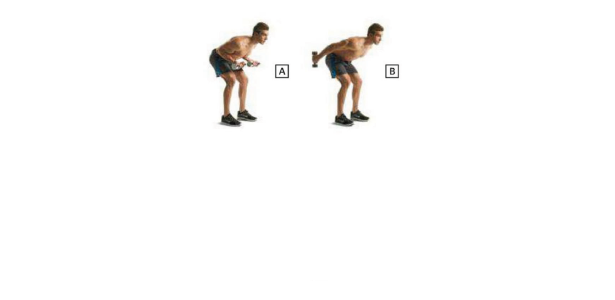There are four main postulates of nutrition – water, protein, carbohydrates, fat. Three of them are a must – protein, water and fat. Human being can live without carbohydrates – like Eskimos, they are eating only fish and seals – only fat(mono and poli(omega3 and omega6)) and protein.
Water
H2O is the basic, no… not the basic – h2o is the reason of everything! Human can live 3 weeks without food but will die after 3 days without water! Muscles contain ~70% of water. Should I say more? You should drink for about 3 liters of water daily. But you shouldn’t drink more than five. Water assimilates in body with speed of 200ml in 20 minutes, so you should drink 200ml every 20 minutes until you reach the limit… you can drink every half hour but you shouldn’t drink every ten minutes. So if you feel thirst – this is the danger signal of your body that you need to drink immediately, but if you will drink as I said you shouldn’t get thirsty at all. The best time to consume water is 30 min before meal and a hour after. If you will drink water during the meal you will result in slower food digestion which is bad.Proteins
Proteins are the building bricks of body, new cells are made from it, the old ones are repaired, hormones are produced with help of protein… well it pretty much rocks! Protein is made from amino acids and peptides which bound together different amino acids. Digestion system splits consumed protein into amino acids which absorbs into small intestine, then gets to blood, afterward into cells. Really important is to provide the body with constant amino acid intake… you should not overeat 3 times a day and think that you will grow… it’s not about quantity! It’s all about quality!! Your body can consume a small amount of protein in one meal (30-40gr) so you shouldn’t eat much more. And yes – you should eat good meat… sausages doesn’t count… and if you will eat too much your body will store the unused protein into your belly. You should eat: all kinds of meat (including fish etc), all kinds of milk products, eggs and sometimes a bit of soy. You shouldn’t count plants as protein source… their protein lacks some of important amino acids.Different protein types vary in different speed of assimilation. This is important to know in order to plan daily diet. Meat, eggs, fish is consumed in about 2-3 hours (if something fat is eaten together with meat, food or eggs the assimilation time increases). Dairy products assimilate in 4-5 hours after eating. Whey protein powder assimilates in about 40 minutes so this is the perfect protein for mornings and after workout, the times when you fast need to regenerate your amino level. You can also consume BCAA aminos after workout (for example).
Carbohydrates
So the next big group is carbohydrates(or just carbs). This is the energy. If you lack carbs in your body – the energy will be consumed from your body fat AND muscles (basically the body will start to eat itself). Very important thing is the GI, GI shows how fast carbs are converted into glucoses the index can vary from 1-100: 100 is for pure glucoses, 76 is for donuts, 38 for tomatoes and so on, you can find information about GI of products on the internet. So if lots of glucoses gets into blood in a short period of time body exudes a lot of insulin in order to store the glucoses somewhere – in liver, muscles etc and if the glucoses is too much it is stored as fat. This is why it is important to know the GI of every and each food eaten. In your everyday diet you should use products with GI ~55 and less and ONLY after workout you need the fastest carbs you can gets – pure glucoses (grape sugar). You should consume about 0.8 gr of glucoses per kilogram of body.There are some types of foods you should forget… bread, sweets, cornflakes and carbs which body isn’t able to store in muscles, so its stored as fat. So you can get quite fat eating fruits too! Sugar is made from 50% glucoses and 50% fructose so be careful with it too!
Fat
And The Fat. Fat is good! But only if fat is consumed in the right proportions. Fats are divided into satured fats (SF), monosatured fats (MSF) and polisatured fats (PSF). The last two ones are essentials fatty acids (EFA). You can get EFA from eggs, fish, grains, nuts, olives etc. you should stay away from SF, only in small amount they are ok. The worst of all fats are artificially made – trans fats. Trans fats are found in the junk food and semi-manufactured goods… FORGET THEM. So we will eat EFAs yayyyyyVitamins
Vitamins – as important as fat, carbs, water and protein. And remember that you need more vitamins than average people. So the doses are as follows:- Vitamin A 5,000-25,000 IU
- Beta-Carotene 15,000-25,000 IU
- Vitamin B1 30-300 mg
- Vitamin B2 30-300 mg
- Vitamin B3 20-100 mg
- Vitamin B5 25-200 mg
- Vitamin B6 20-100 mg
- Vitamin B12 12-200 mcg
- Biotin 125-300 mcg
- Folate 400-1,200 mcg
- Vitamin C 800-3,000 mg
- Vitamin D 400-1,000 IU
- Vitamin E 200-1,000 IU
- Vitamin K 80-180 mcg




















0 comments:
Post a Comment